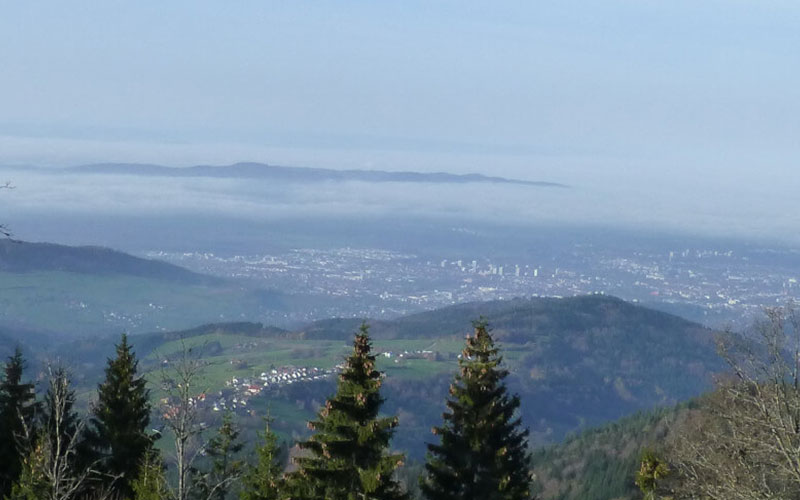The Karlsruhe start-up Vulcan Energy is currently building 5 geothermal power plants in the Upper Rhine Rift (Oberrheingraben) area in south-western Germany. 16 million tons of lithium carbonate equivalent are bound in the thermal water of this area – the largest known deposit in Europe. With the completion of the plants in 2025, 40,000 tons of lithium hydroxide will be extracted annually from the extracted raw lithium in a nearby refinery. This amount would not only meet 100% of German demand, it would also cover 25% of total European demand. In this way Europe gains some independence from the three largest producers Australia, Chile and Argentina, which today cover 80% of the world market.
In addition to the extraction of the coveted light metal, which is built into battery systems for electric cars, cell phones, laptops and much more, the geothermal power plants have a second effect: they produce more energy than is required for lithium production. This results in a carbon footprint that is even negative.
However, Vulcan Energy is not the first company to recognize the potential in the Upper Rhine Rift. The Karlsruhe Institute of Technology (KIT) and the power company EnBW also have plans to extract lithium from the thermal water.
